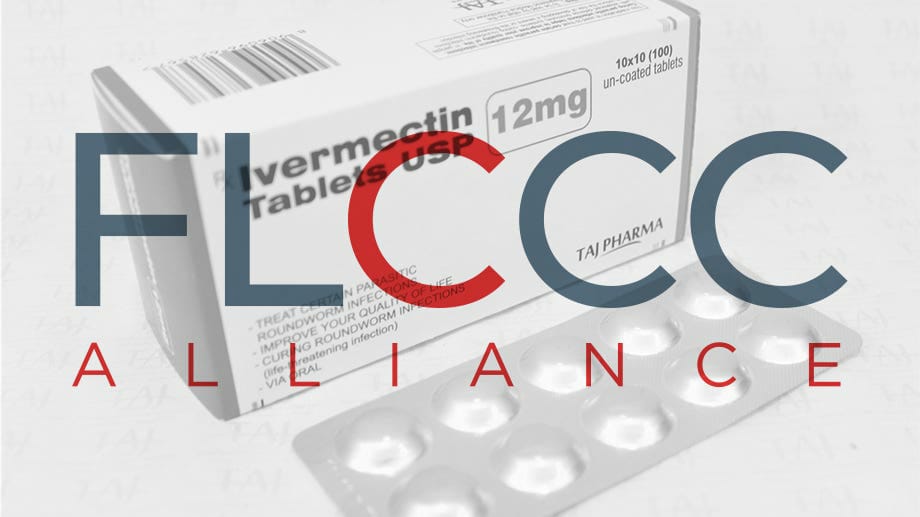
Ivermectin is an anti-parasite medication that is used to treat various parasitic infections, including river blindness, threadworm infections, filarial worm infections (such as lymphatic filariasis or microfilaremia), hookworm infections, scabies, lice infestations, and helminthiasis (like roundworms, whipworms, and pinworms). It belongs to the class of drugs known as anthelmintics.
River blindness also called onchocerciasis, is a type of parasitic worm infection that affects the skin, lymph nodes, and eyes, causing symptoms like rash, itching, bumps under the skin, enlarged glands in the neck, armpits, and groin, and painful or blind eyes.
Threadworm infections, or intestinal strongyloidiasis, affect the skin and intestines and cause symptoms like rash, itching, stomach pain, vomiting, and diarrhea.
Lymphatic filariasis is a parasitic infection caused by certain types of worms that affects the lymph nodes and vessels in the body. Microfilaremia is a type of filarial infection that involves the presence of microfilariae, which are baby worms, in the blood. Both lymphatic filariasis and microfilaremia can cause symptoms such as swelling in the limbs, fever, and tiredness.
Scabies is a contagious skin infection caused by a type of mite called Sarcoptes scabiei. It is spread through direct skin-to-skin contact, including sexual contact, and can also be transmitted through contact with infected clothing or furnishings. Scabies causes intense itching, especially at night, and can result in the development of blisters or lumps on the skin, particularly in areas such as the fingers, underarms, breasts, penis, buttocks, scalp, palms, and soles.
Uses of Ivermectin:
The drug helps in treating Onchocerciasis, Intestinal strongyloidiasis, filarial worm infestations, Hookworm infestations, scabies, pediculosis, and Helminthiasis.
What does Ivermectin do?
It works by specifically targeting the glutamate-gated chloride ion channels found in the nerve and muscle cells of the parasites. When ivermectin binds to these channels, it causes an influx of chloride ions, leading to hyperpolarization of the cells. This results in paralysis and, death of the parasite. Ivermectin is effective against a variety of parasites and is used to treat infections such as river blindness, threadworm infections, filarial worm infections, hookworm infections, scabies, lice infestations, and helminthiasis.
Side Effects of Ivermectin:
- Nausea
- Vomiting
- Dizziness
- Headache
- Diarrhea
- Abdominal pain
- Constipation
- Mild skin rash
- Sweating, fever, cough
- Confusion
- Swelling in hands, feet, ankles, and lymph nodes
- Unusual weakness
- Redness of eyes
- Muscle, joint, or body pains
- Liver disease
Get medical help if the allergy symptoms include Hives, difficulty breathing, and swelling of the cheeks, lips, tongue, or neck.
Directions and Dosage Information
- Take the medicine with a glass of water on an empty stomach or 1 hour before the meal. It is usually taken as a single dose or series of doses, or as directed by the doctor.
- The dosage of ivermectin is based on factors such as the individual’s weight, medical condition, and response to treatment. It is important to follow the dosage instructions provided by the doctor and to take the medication exactly as directed.
Overdosage: Seek immediate medical help
Dosage misses: Ivermectin is usually given as a single dose or series of doses, so you may not be on a specific dosing schedule. If you do miss a dose, you should take it as soon as you remember, unless it is time for your next scheduled dose. In that case, you should skip the missed dose and take your next dose at the regular time. You should not take extra medicine to make up for the missed dose.
Dos and Don’ts
- The medicine is not recommended for pregnant women and breastfeeding unless necessary.
- Do not drive, use steps, or operate any machines as the drug might affect your stability.
- Make sure you take ample rest during the medication.
- Liver patients should consult their doctor before they take this medicine.
- Do not take the medicine if you have a history of allergies and you need to consult your doctor before taking the medication.
- It is important to let your doctor know about your medical history, including any previous diseases and the medications you have used to treat them. This information can help your doctor determine the most appropriate treatment for you and can also help them identify any potential interactions between medications. It is also important to let your doctor know about any allergies or sensitivities you have to medications or other substances, as well as any supplements or over-the-counter products you are taking.
- It is important to use medications under the supervision of a doctor for children.
- Avoid alcohol during the medication.
Safety
- It is important to take certain precautions, including washing clothes, bedding in hot water, and sealing non-washable items in a tightly sealed plastic bag for at least three days.
- Trim your nails frequently
- Store the medicine at room temperature and away from light and moisture.
- Keep the medications away from children and pets




